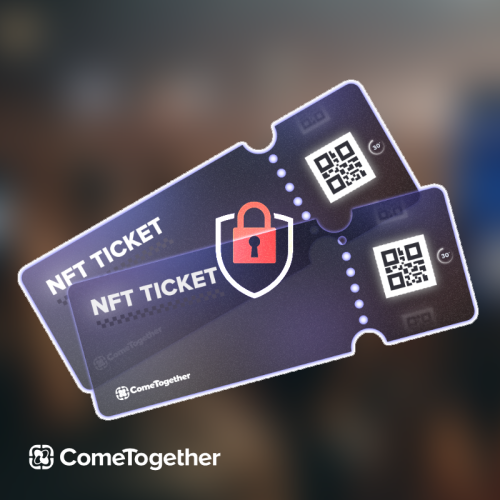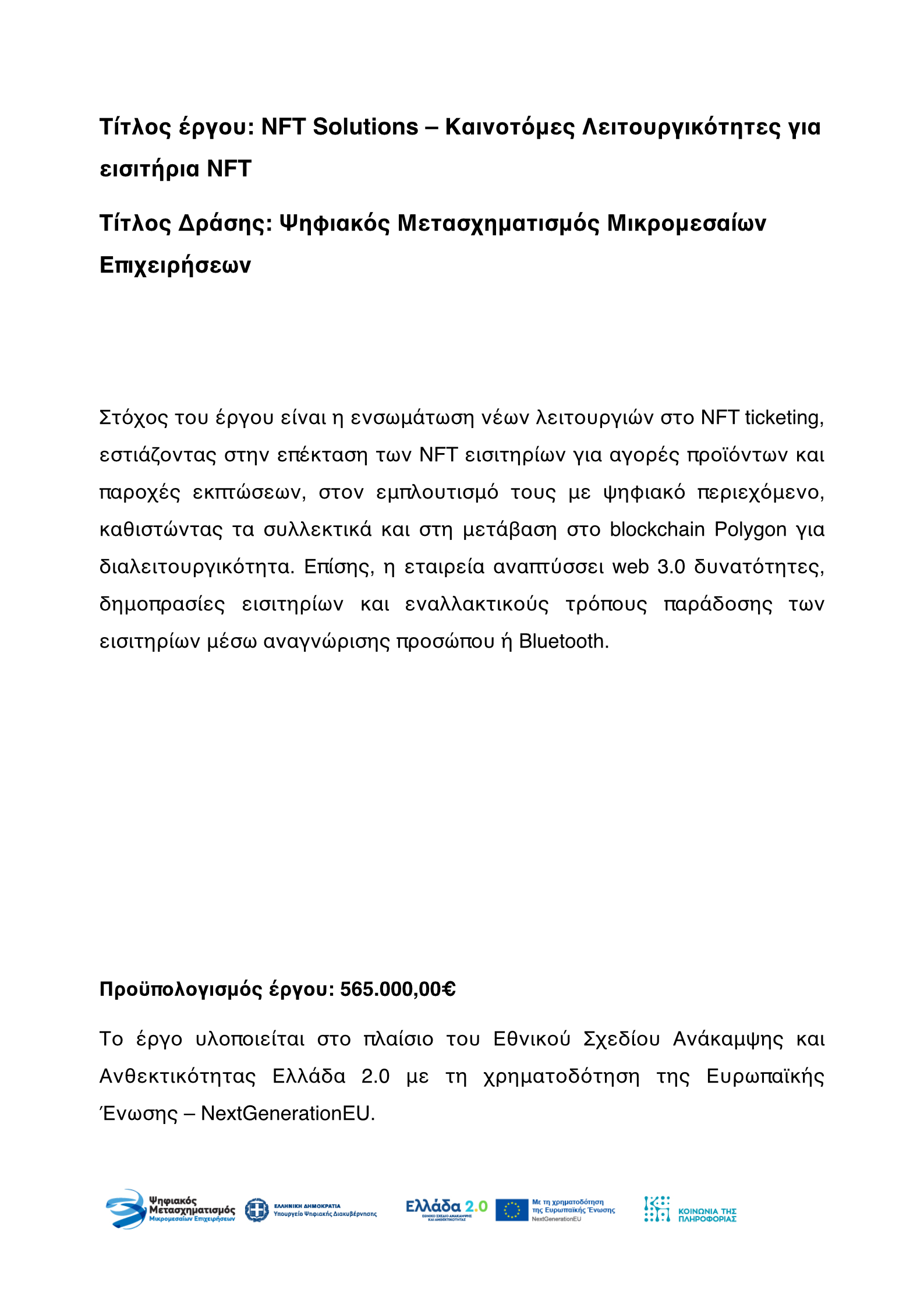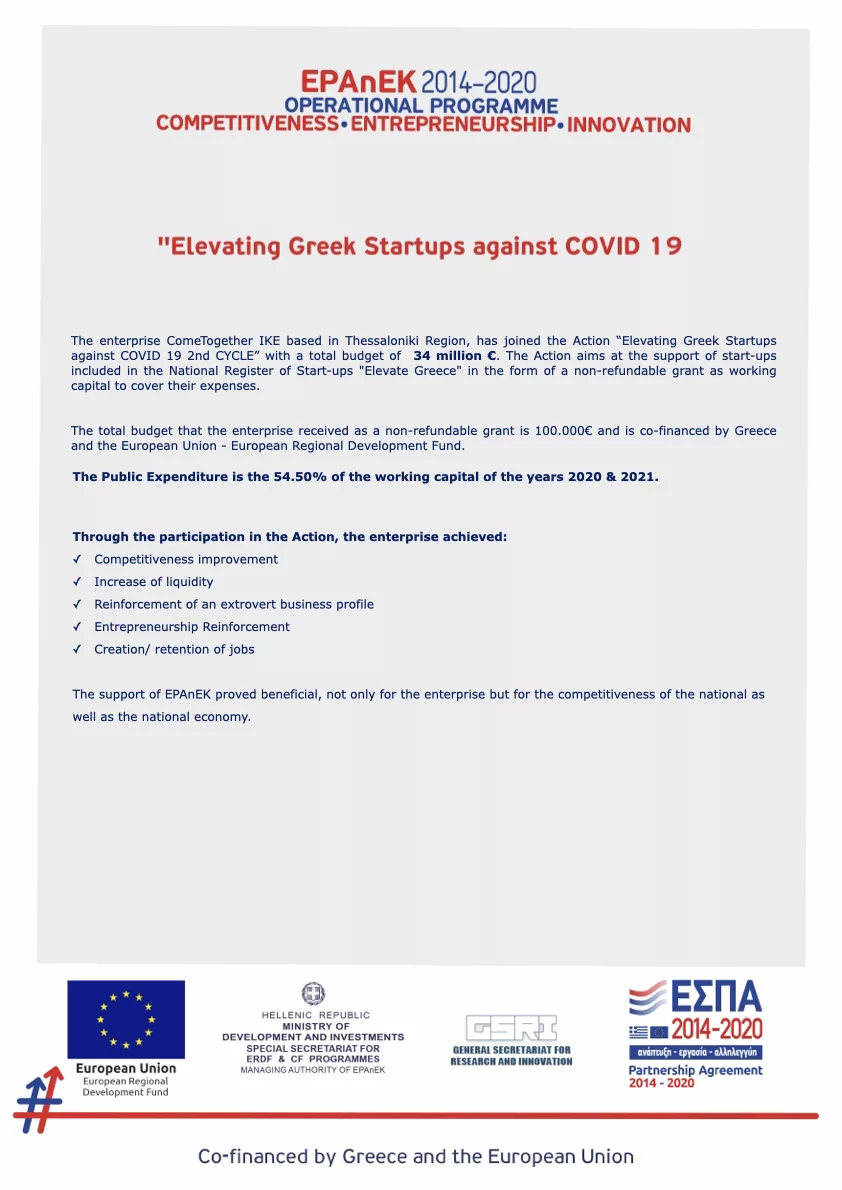The digital age has revolutionized many aspects of our lives, from shopping to entertainment. But one persistent issue that has plagued consumers for years, particularly in the realm of live events, is ticket scalping. With the rise of non-fungible tokens (NFTs), there is growing optimism that this technology could finally offer a solution to the ticketing industry’s longstanding challenges.
NFT Ticketing: The Solution to Ticket Scalping?

Table of Contents
– Overview of Ticket Scalping and Its Challenges
– Definition of NFTs
– How NFTs Work in the Ticketing Industry
– The Impact of Ticket Scalping on Fans and Organizers
– Current Measures to Combat Scalping
How NFT Ticketing Could Solve Scalping
– Immutable Ownership Records
– Smart Contracts and Resale Controls
– Elimination of Counterfeit Tickets
– Adoption by Event Organizers and Consumers
– Scalability Issues of Blockchain Technology
– Environmental Concerns of Blockchain
What is NFT Ticketing?

NFTs, or non-fungible tokens, are unique digital assets stored on blockchain technology. Unlike cryptocurrencies such as Bitcoin, each NFT has a distinct value and identity, which makes them ideal for representing ownership of items like digital art, collectibles, or even event tickets. With NFT ticketing, tickets are issued as digital tokens on a blockchain. These tickets cannot be replicated, ensuring authenticity and security for buyers.
The Scalping Problem

Ticket scalping refers to the resale of event tickets at inflated prices by third-party sellers. Scalpers often use automated bots to purchase tickets in bulk the moment they are released, depriving genuine fans of the chance to buy tickets at face value. The tickets are then resold on secondary markets for much higher prices, leaving fans frustrated and event organizers with limited control over pricing and distribution.
Despite efforts by event organizers to combat scalping—through measures like personalized ticketing or dynamic pricing—the issue persists. Enter NFT ticketing, a potential game-changer in the fight against scalpers.
How NFT Ticketing Could Solve Scalping
NFTs provide a few key advantages that could address the scalping problem:
- Immutable Ownership Records: Once a ticket is issued as an NFT, it becomes tied to a unique digital identity. This makes it easier for event organizers to track the ticket’s ownership throughout its lifecycle. If a scalper attempts to resell the ticket at an exorbitant price, the transaction is recorded on the blockchain, giving transparency to the process.
- Smart Contracts: One of the key features of NFTs is the ability to embed smart contracts—self-executing code that enforces rules—within the tokens. Organizers can set resale conditions for NFT tickets, such as price limits or royalties on secondary sales. For example, if a ticket is resold, the original seller could receive a percentage of the sale, while ensuring that the new buyer pays a fair price.
- Elimination of Counterfeit Tickets: Since NFT tickets are uniquely tied to a blockchain, the chances of fraud or duplication are virtually eliminated. Fans can be certain that the ticket they’re purchasing is legitimate, reducing the risks associated with buying from secondary markets.
Challenges of NFT Ticketing
While the potential benefits of NFT ticketing are significant, there are some challenges to consider:
- Adoption: One of the main hurdles is getting both event organizers and consumers on board with the technology. While blockchain technology is becoming more popular, it’s still relatively new to the mainstream audience. Ensuring a smooth and user-friendly experience for non-tech-savvy consumers is crucial.
- Scalability: Blockchain networks can sometimes struggle with scalability, especially during periods of high demand. Event organizers would need to ensure that their NFT ticketing platforms can handle large volumes of transactions without causing delays or technical issues.
- Environmental Impact: Some blockchains, like Ethereum, have faced criticism for their energy consumption. However, with the rise of more eco-friendly blockchain networks, this issue is being addressed.
NFT ticketing offers a promising solution to the age-old problem of ticket scalping. By leveraging the transparency and security of blockchain technology, NFT tickets can empower event organizers and consumers alike, creating a fairer and more efficient system. However, widespread adoption will depend on overcoming technical challenges and ensuring that the technology is accessible to all. While it’s not a silver bullet, NFT ticketing could mark a significant step forward in the battle against scalpers, finally giving fans the chance to attend events at fair prices.
FAQs
What is NFT ticketing?
NFT ticketing involves issuing event tickets as non-fungible tokens (NFTs) on a blockchain. Each ticket is a unique digital asset, making it secure, verifiable, and impossible to counterfeit. This new method offers a way to track ownership, prevent fraud, and ensure the legitimacy of tickets.
How does NFT ticketing prevent ticket scalping?
NFT ticketing helps combat scalping by tracking the ownership of tickets on a blockchain. It allows event organizers to set rules for resale, such as capping the resale price or collecting a percentage of any secondary sale through smart contracts. This gives transparency and control over how tickets are sold and resold, making it harder for scalpers to inflate prices unfairly.
What are smart contracts in NFT tickets?
Smart contracts are self-executing pieces of code embedded in NFT tickets. These contracts enforce specific rules, such as limiting the resale price or ensuring a percentage of resale revenue goes to the original issuer. They automatically activate when the ticket is transferred or resold, creating more fairness and transparency in ticket transactions.
How do NFTs ensure ticket authenticity?
Since NFT tickets are tied to a blockchain, each ticket has a unique identifier that cannot be duplicated or altered. The ownership and transfer history of the ticket are recorded on the blockchain, which means counterfeit or fake tickets can’t be created, ensuring that buyers get legitimate tickets.
What are the benefits of NFT ticketing for event organizers?
NFT ticketing offers several advantages for event organizers:
- Full control over resale prices and ticket distribution.
- The ability to track ticket transfers and prevent fraud.
- The opportunity to earn royalties from secondary market sales through smart contracts.
- Increased transparency in the ticketing process, reducing the chances of scalping.
What are the challenges of adopting NFT ticketing?
Some challenges include:
- Consumer adoption: Many people are unfamiliar with NFTs or blockchain, so educating and providing a user-friendly experience is key.
- Scalability: Blockchain networks can face issues with handling high traffic during major events, which could lead to delays in ticket issuance or verification.
- Environmental concerns: Some blockchain platforms, like Ethereum, have been criticized for their energy consumption. However, new eco-friendly blockchains are emerging to address this issue.
How could NFT ticketing impact secondary markets?
NFT ticketing gives event organizers more control over the secondary market. Smart contracts can set limits on how much a ticket can be resold for and can also ensure a portion of the resale profits returns to the original seller. This creates a fairer system for both buyers and sellers, potentially reducing price gouging on resale platforms.
Are NFT tickets accessible to non-tech-savvy users?
Adoption might be a challenge for people unfamiliar with blockchain or NFTs. However, user-friendly platforms and mobile wallets can simplify the experience, allowing consumers to buy and manage NFT tickets much like they would with traditional digital tickets.
What is the environmental impact of NFT ticketing?
Some blockchains use a lot of energy, which raises environmental concerns. However, newer blockchains are becoming more energy-efficient, making the environmental impact of NFT ticketing less of an issue over time. Many event organizers are exploring these sustainable options.
Is NFT ticketing the future of event ticketing?
While NFT ticketing shows great promise in solving issues like scalping, widespread adoption will depend on overcoming technical and adoption challenges. It has the potential to bring much-needed transparency, security, and fairness to the ticketing industry, but it’s still in the early stages of mainstream implementation.

















